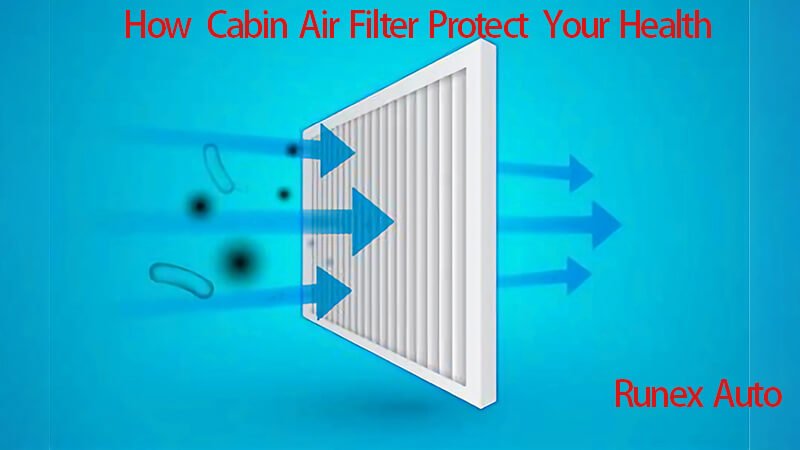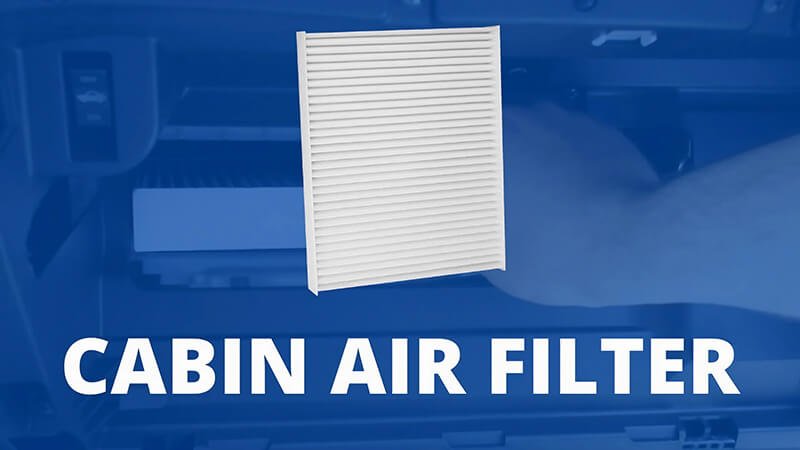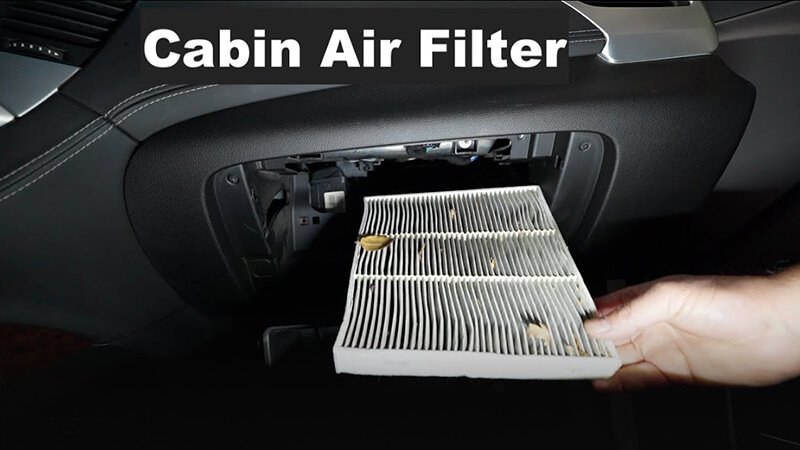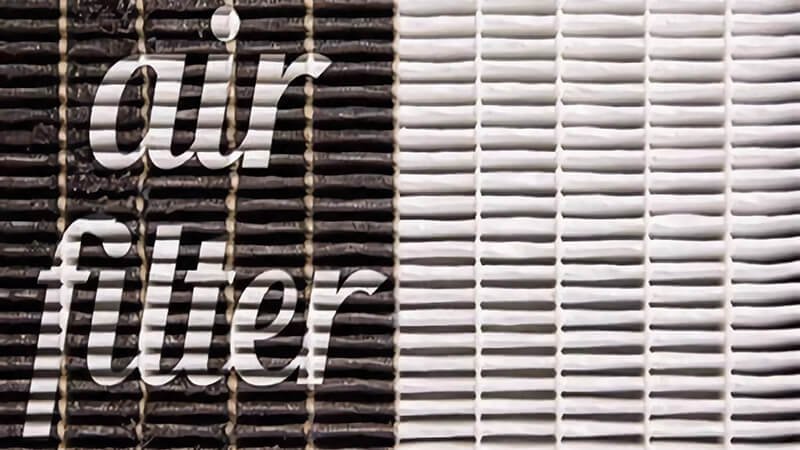When dust and debris start choking your HVAC system, performance drops and maintenance costs rise. I’ve seen companies lose efficiency and money simply because of poor filter choices — something a well-designed air filter could have easily prevented.
Air filters are essential in HVAC systems because they protect internal components, improve airflow, and ensure clean, breathable air for users while extending the system’s life.
A good HVAC system is only as strong as its filter. It’s the silent guard against pollutants that can damage both machinery and people’s lungs. But not all filters perform equally — that’s where technology and material science make all the difference.

What is the purpose of an air filter in an HVAC system?
When HVAC systems pull air through their ducts, they don’t just move heat or coolness — they also move dust, pollen, and tiny particles. Without a proper filter, these contaminants clog coils and fans, hurting both performance and air quality.
The main purpose of an HVAC air filter is to trap airborne particles like dust, dirt, and pollen, preventing them from entering and damaging the system’s internal components while maintaining clean airflow for users.
How Runex Auto air filters make the difference
At Runex Auto, I design air filters using advanced pleated synthetic media1 that increase surface area without adding resistance. When I supplied this media to a European HVAC company working in dusty zones, their filters used to clog within weeks. After switching to our pleated media, they reported twice the service life and smoother airflow.
This happened because our pleats distribute particles evenly, delaying saturation and preserving airflow velocity.
Structural Benefits of Pleated Media
| Feature | Benefit | Application |
|---|---|---|
| High pleat density2 | Increased surface area | Extends service interval |
| Synthetic fiber | Better dust holding | Prevents clogging in dusty areas |
| Uniform structure | Consistent airflow | Reduces fan strain |
| Reinforced frame | Stability under pressure | Ideal for commercial HVAC |
Our technology ensures that an HVAC system can breathe just as smoothly as an automobile engine — consistently and efficiently.

What is the necessity of a filter?
Airborne contaminants don’t just make air dirty; they shorten the life of mechanical parts. Without filtration, HVAC systems overheat, fans wear out faster, and air quality drops. Every unfiltered particle is a potential threat to both people and equipment.
Filters are necessary because they shield HVAC systems from dirt buildup and ensure cleaner indoor air. Without them, efficiency drops, energy use rises, and maintenance costs multiply.
The unseen cost of skipping filtration
In my experience, many businesses underestimate how much a filter saves them. One client once replaced filters only when airflow visibly dropped. Their energy bills rose, and cooling became uneven. Once they switched to our Runex Auto high-flow air filters3, the difference was immediate — stable pressure, lower electricity use, and no more emergency maintenance calls.
Why high-quality filters matter
| Problem Without Filter | Result | How Runex Auto Filter4 Helps |
|---|---|---|
| Dust accumulation on coils | Reduced efficiency | Blocks contaminants early |
| Poor airflow | System strain | Maintains steady flow rate |
| High energy consumption | Increased costs | Low-resistance media reduces load |
| Frequent part failure | Downtime | Durable materials extend lifespan |
A filter’s necessity isn’t about air alone — it’s about the entire ecosystem of comfort, performance, and operational cost.

Will AC stop working if the filter is dirty?
When filters clog, the system has to push harder to move air. This increases pressure on fans and coils. In extreme cases, air stops circulating, causing the AC to freeze up or shut down entirely.
Yes, a dirty air filter can make an AC stop working by restricting airflow, freezing coils, and causing the compressor to overheat — resulting in shutdowns or system failure.
Real-world impact of neglecting filter maintenance
A few years ago, one of my clients ran a fleet of delivery vans. Their onboard HVAC units were failing every few weeks. When I checked their filters, they were compacted with dust and insects. I recommended our Runex Auto high-flow filter5 with a reinforced pleated structure. Within a month, clogging issues vanished, airflow improved, and the system’s cooling stabilized. Their maintenance intervals doubled, and the drivers even said, “It feels like the system can finally breathe again.”
How dirty filters affect performance
| Condition | Impact | Solution |
|---|---|---|
| Restricted airflow | System strain and noise | Use pleated high-flow filters6 |
| Coil freezing | Cooling stops completely | Regular filter change intervals |
| Compressor overheating | Costly repairs | Low-resistance filter media |
| Reduced comfort | Uneven temperature | Consistent airflow performance |
Our pleated filters trap more contaminants while maintaining a free flow path. This balance between filtration efficiency and airflow is key to system health.

Is a furnace filter the same as an AC filter?
Many people think furnace and AC filters are different. In fact, they often share the same filter slot and function — to clean incoming air before it moves through the system. The main difference lies in material strength and temperature tolerance.
Furnace and AC filters serve the same purpose, but furnace filters are designed to handle higher temperatures while AC filters focus on moisture and dust resistance.
Engineering for both heat and air
Runex Auto produces filters capable of serving both roles. We use heat-resistant synthetic fibers7 bonded with moisture-repellent coatings. This dual protection makes our filters8 ideal for integrated HVAC systems — whether heating or cooling.
In one industrial case, a client’s heating units kept deforming their paper filters due to high temperatures. When we introduced our reinforced synthetic frame, filter shape and function remained stable even during extended heating cycles.
Comparative breakdown
| Type | Operating Condition | Filter Focus | Runex Auto Advantage |
|---|---|---|---|
| Furnace filter | High heat environment | Durability under temperature | Heat-stable media and adhesive |
| AC filter | Moist and cool airflow | Dust capture and airflow | Water-repellent coating |
| Combined filter | Dual-season systems | Balanced performance | Cross-adaptive design |
Our filters adapt to both systems, cutting inventory needs for clients and ensuring reliability across all climates. This flexibility not only saves money but simplifies maintenance cycles for HVAC professionals.

Conclusion
Air filters9 are the lungs of HVAC systems. They guard against dust, support consistent airflow, and protect expensive components from damage. At Runex Auto, I’ve seen how material innovation — from pleated design to synthetic fiber technology — transforms HVAC efficiency. Whether preventing coil freeze or reducing energy waste, the right air filter keeps systems running smoothly, safely, and cost-effectively.
-
Discover how pleated synthetic media enhances air filter performance and longevity, making it a game-changer for HVAC systems. ↩
-
Learn about the advantages of high pleat density in air filters and how it can extend service intervals and improve airflow. ↩
-
Learn about Runex Auto filters and how they can improve air quality and reduce energy bills. ↩
-
Discover how Runex Auto Filters can enhance HVAC efficiency, reduce costs, and improve system longevity, ensuring optimal performance and comfort. ↩
-
Discover how Runex Auto high-flow filters can enhance HVAC performance and extend maintenance intervals. ↩
-
Learn about the advantages of pleated high-flow filters in maintaining optimal airflow and system efficiency. ↩
-
Explore this link to understand how heat-resistant synthetic fibers enhance HVAC performance and durability. ↩
-
Discover how Runex Auto filters enhance HVAC efficiency and reliability, offering dual protection against heat and moisture for optimal performance. ↩
-
Find the best auto oil filters from Runex Auto. ↩













